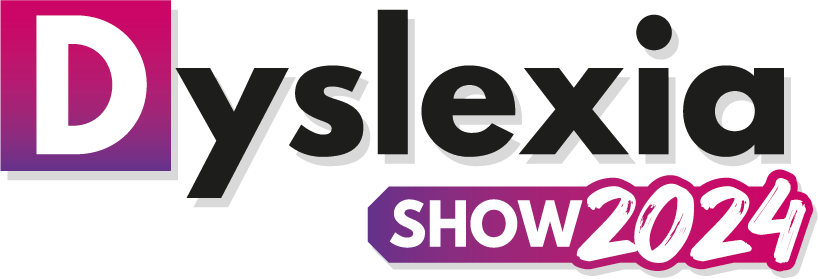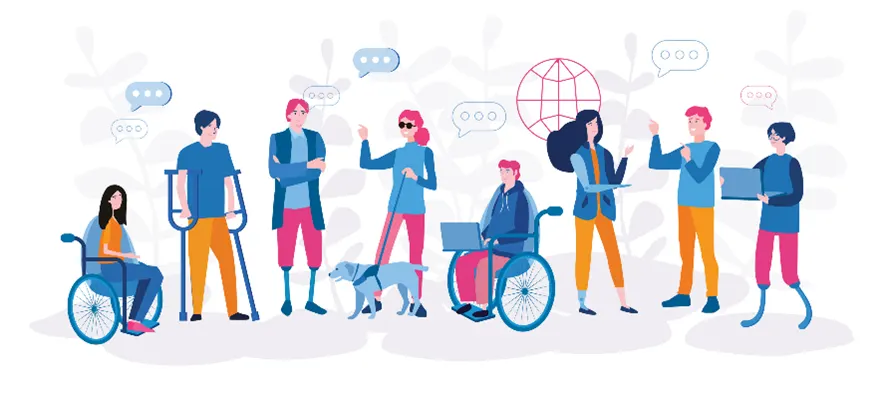By Dr. Deborah Leveroy, Neurodiversity & Inclusion Lead, Dyslexia Box
Access to Work (AtW) is a government scheme which funds disability-related support and equipment to help people start or stay in work.
- If you are disabled or have a long-term physical or mental health condition that impacts your ability to do your job and..
- You are self employed, employed (including apprenticeship, work experience or an internship) or about to start or return to work and…
- Aged 16 or over and…
- Live in England, Scotland or Wales
How much is an Access to Work grant and what does it fund?
That depends on your individual case. The grant only covers the cost of support you need to stay in work or self-employment.
The grant can pay for things like:
- changes to the equipment you use
- special equipment such as text to speech software
- fares to work if you can’t use public transport
- a support worker or job coach to help you in your workplace (other examples include a strategy coach or BSL interpreter)
- a mental health support service if you’re finding it difficult to work or absent from work due to a mental health condition
- disability awareness training for your colleagues
- someone to help you at a job interview
Will my employer have to pay for any support or equipment I am recommended?

Your employer might be asked to contribute towards the cost of your equipment and support, however this depends on the size of the company you work for, the type of support you need and how long you have been employed by the company
- NB: If you are Self-Employed, you can get up to 100% funding from AtW
Are you interested in applying for Access to Work, but not sure where to start?
Follow these steps
Alternatively, read through the below guide, for more in-depth guidance:
1. Apply for Access to Work
- Call 0800 121 7479
- Relay UK (if you cannot hear or speak on the phone): 18001 then 0800 121 7479
- Or via the Access to Work website (google ‘Access to Work’ and it’s the first on the list after the ads)
You’ll need to give some information, such as:
- how your condition affects you in the workplace and what help you think you need
- what help (if any) you are currently getting
- workplace address & contact
- your unique tax reference number (if you’re self-employed)
3. Have a Workplace Needs Assessment
- A WPN is an informal meeting between you and a WPN assessor
- The assessment is carried out either at your place of work or via the telephone/via video conferencing call.
- The assessor will ask you about your job and what it involves
- They will ask you to describe the barriers and challenges you experience in the workplace
4. Confirm Access to Work Funding
- After the assessment, the advisor with write a report which may include recommendations to reduce the barriers you are experiencing in the workplace.
- The assessor sends the report to the AtW advisor to put together a funding case for AtW to consider.
- If you get an offer of support, it could include a grant to cover part or the full cost of any equipment or support.
- If it does, you and your employer will receive an Award Letter from AtW, telling you how much you’ll get and for how long the grant is valid.
- You must sign and date the letter and send it back to AtW via post in order to confirm that you accept the grant (the grant will not be paid if you do not send this signed declaration back to AtW).
5. Order
- Congratulations! You’re nearly there…
- It’s now time for your employer to order and purchase any equipment or support approved in the award letter
- Dyslexia Box can supply all equipment, coaching and training on request
- You will receive claim forms to fill in and send back to AtW with the receipts
- AtW will reimburse the employer the full/part cost of equipment and support, once AtW receive the claim forms
Article by Dr Deborah Leveroy, Neurodiversity & Inclusion Lead, Dyslexia Box

